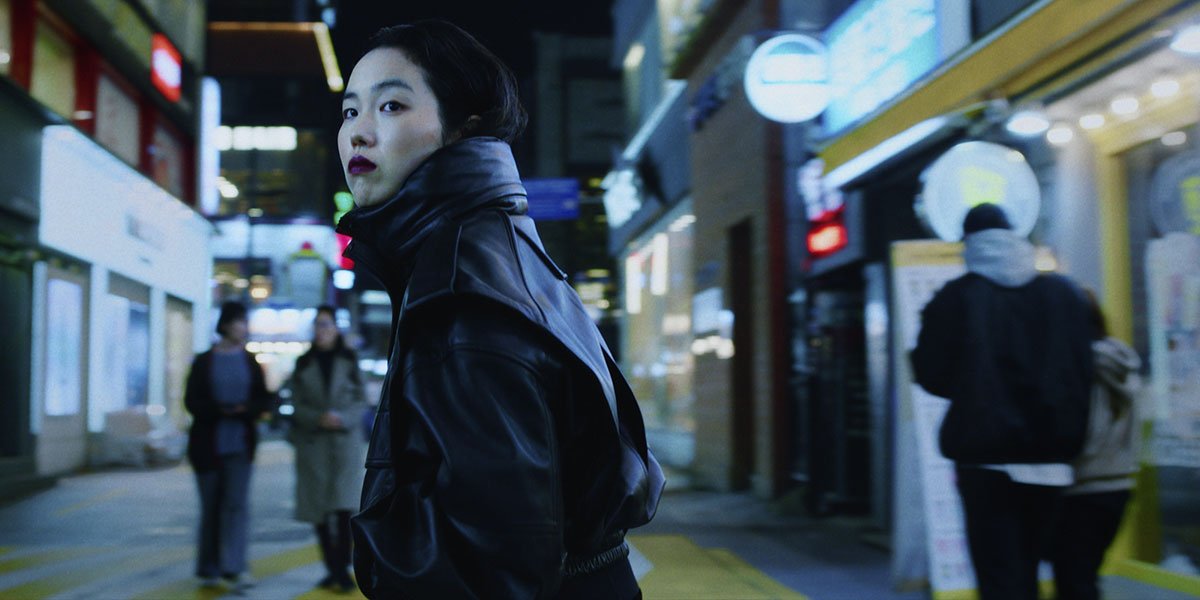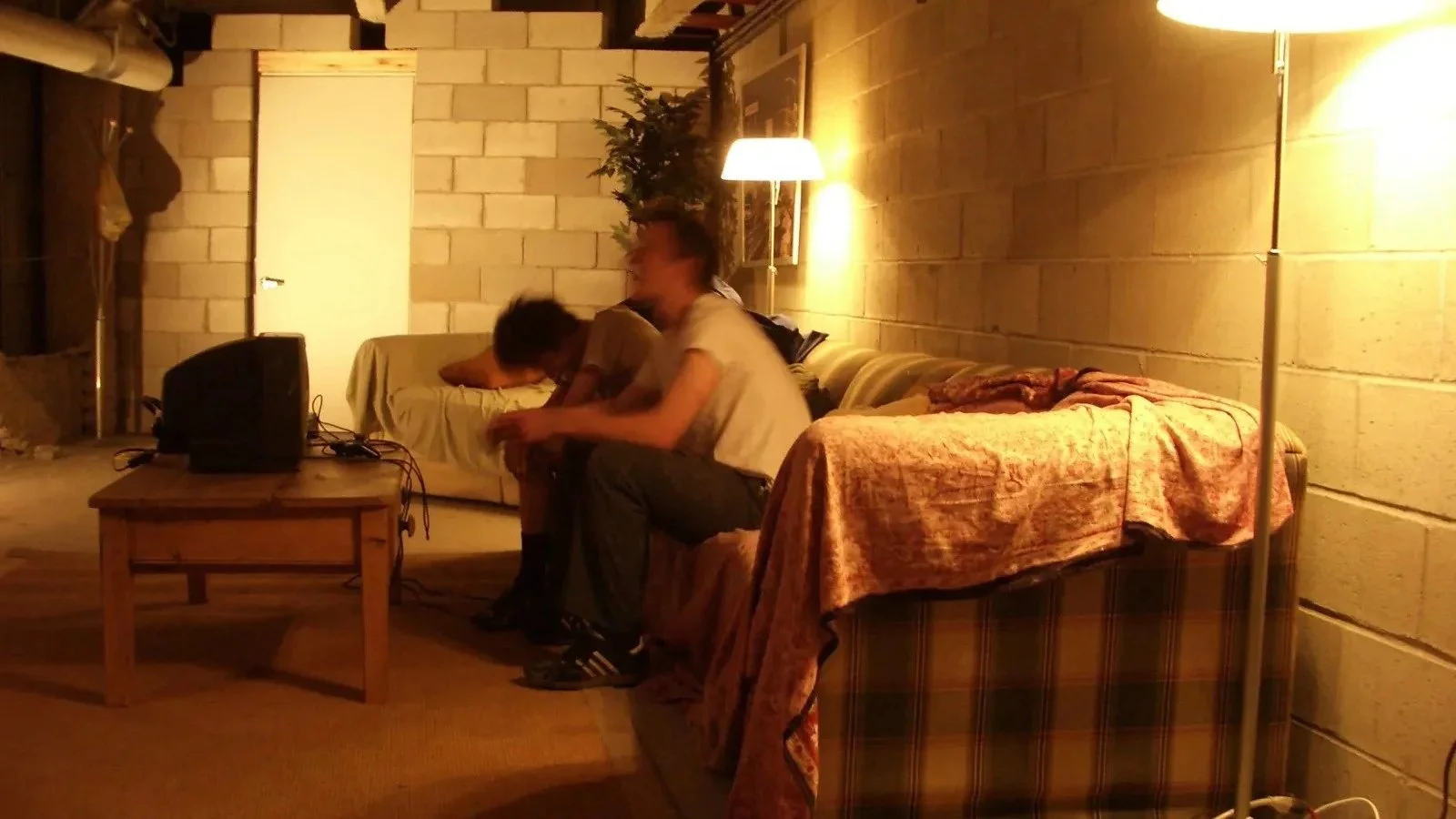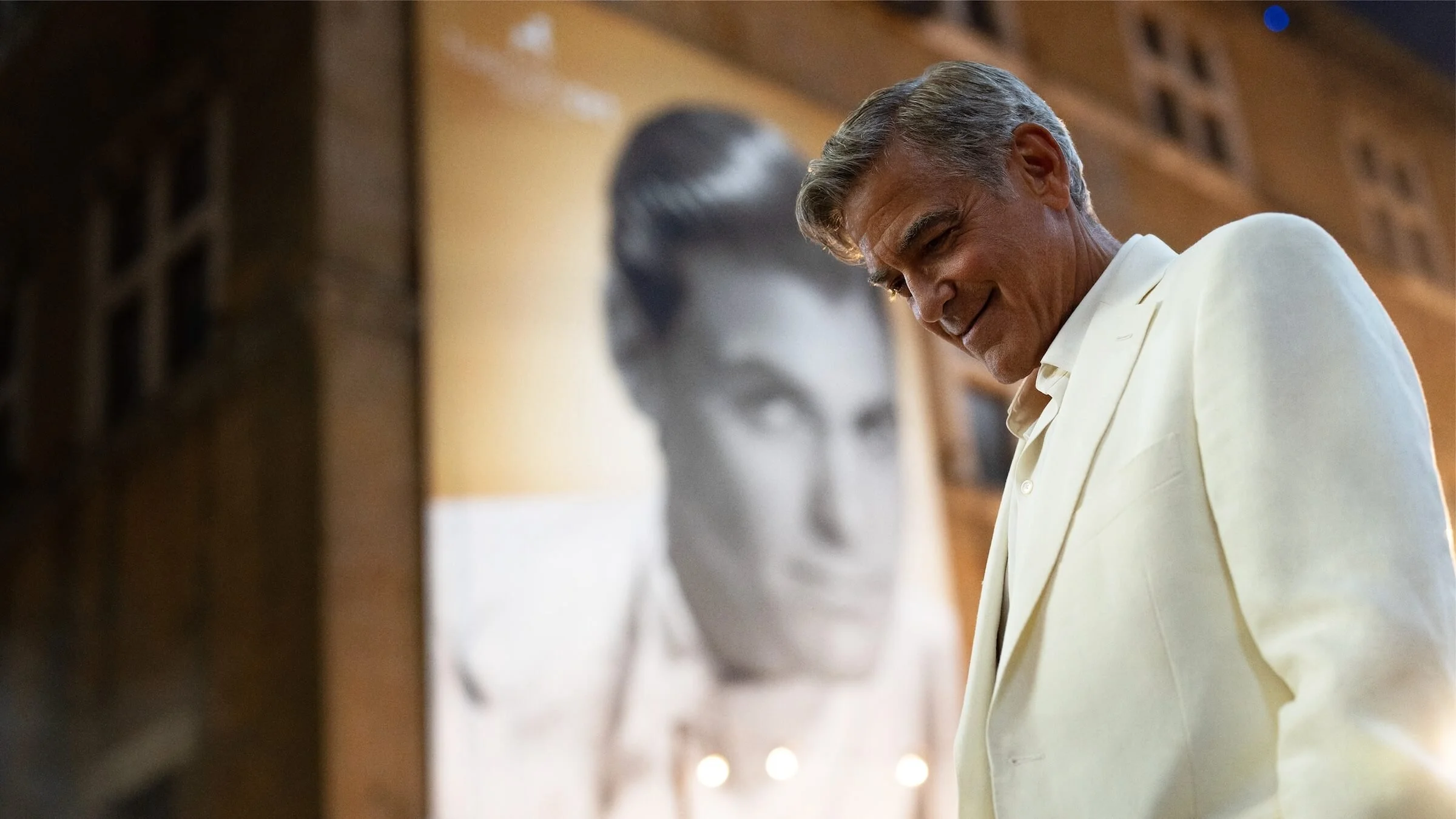Review: Return to Seoul (2022)
What makes this angry young woman tick? That seems to be the main interest of Davy Chou’s Return to Seoul, a drama about an adopted French woman who goes to Korea, the place of her birth, for a vacation and who ends up tracking down her birth parents on a whim. The young woman, Freddie (Park Ji-min), is a character whose words and actions are always at cross purposes. She says one thing, does another, and seems tortured by her contradictions. The character encapsulates the personal frustrations of 21st-century modernity: in particular, the elusiveness of the self and the seeming lack of control over one’s actions, and others’ responses to those actions. Thus, Return to Seoul is a focused exploration of this type of woman who is a distinct product of our current age. Freddie is a person adrift, a perpetual malcontent, a “troubled woman”—but one whose frustrating characteristics are central to her appeal, both to other characters and to the viewer. Much like Joachim Trier’s The Worst Person in the World, this is a considered examination of a distinctly 21st-century woman.
I’ve read reviews comparing Chou’s film to the work of Claire Denis. That’s an apt comparison, not only due to the film’s French origins, but also because of the film’s seeming refusal to let the viewer get a firm grasp on the central character. Such elusiveness is also central to Denis’s artistic approach. In Return to Seoul, Freddie escapes our grasp. Her elusiveness is both attractive and repulsive. She draws in others with the promise of mystery, only to reject them when they get too close to unlocking anything true about her—again, there are shades of Julie in The Worst Person in the World.
The same can be said about the film, which uses a triptych narrative structure to explore Freddie’s transformations. Whenever we settle into the rhythms of the setting and dramatic confrontations—whenever we think we know the character—the film jumps forward in time, so we have to recalibrate and catch up. She’s forever racing ahead, reinventing herself in a perpetual process of identity creation, and we’re right behind her. This feeling is captured in the striking frame from midway through the film that is used for the poster: Freddie on a Seoul street, looking back over her shoulder as if trying to spot whoever is following her.
In the first part of the film’s triptych, Freddie is 25 and has just arrived in Korea. In the opening frames of the film, which are tight close-ups of faces, we watch Freddie check into an international hostel in Seoul. She looks Korean, so the clerk, Tena (Guka Han), who soon befriends Freddie, is surprised when Freddie hands over her passport: “Oh, you’re French!” The disconnect between presentation (as a pretty young Korean woman) and reality (that she’s a French citizen with no understanding of Korean culture) fuels the conflict of the first section. Encouraged by Tena, she tracks down her birth parents and eventually meets her birth father (Oh Kwang-rok), an alcoholic former fisherman in a small town. Her birth father jumps at the opportunity to reconnect, but Freddie has no interest, and grows frustrated with the attempts to incorporate her into his family, and into Korean life in general.
The film jumps forward and we meet Freddie two years later, now living in Seoul amidst the city’s alternative underground. She wears dark makeup and a large leather jacket, sports undyed hair, and seems to live a life fuelled by late night raves, drugs, and tenuous bonds with the local counter culture. Just when we seem to catch up to this newer, wilder Freddie, the film jumps forward again, now five years later. She’s visiting Seoul again and seems a stable woman with a French boyfriend (Yoann Zimmer), a well-paying job, and the confidence to meet with her biological father again and even track down her biological mother (Cho-woo Choi). But this seeming stability is a front. Freddie remains a character in flux.
The first part evokes a kind of wayward woman who has no control of her emotions, but not a “wildcard” in the sense that so many cinematic characters are. She’s confident and sexy and impulsive, but she’s not dangerous or a trainwreck. Her seeming control over her environment crumbles when she blunders her way into searching out her biological parents.
The second part thrashes around with the character, the film wildly yearning for some stability or way to demonstrate the character’s wayward identity without devolving into cliche. It’s the most unsuccessful section of the film as the lack of confidence in the character extends to the storytelling. For instance, Chou is unable to depict the character’s unhealthy lifestyle without trading in tropes about subcultures and drugs and the taboo allure of late night “deviant” culture. It seems inauthentic in a film that is committed to authenticity in the other parts.
The third part allows Chou to recover control and clarify Freddie’s search for meaning as well as the film’s overall thesis about adoption and identity and the experience of being a young woman in our globalized world.
The filmmaking evolves with the character over the course of the film. Early scenes favour close-ups and refuse geographical context, creating a visual parallel between the lack of roots for Freddie as a character and the film’s presentation of scenes as a whole. For instance, there are few establishing shots in the first part and an abundance of jump cuts or sequences entirely composed of close-ups, like the opening scene. By film’s end, however, Chou adopts a more classical formal construction, with long takes of wide shots, minimal edits, and a focus on situating the character within the wider spaces. As Freddie gains a bit more information about where she comes from, the film adopts a clearer geographic approach in frame. Thus, the formal style is personalized, shifting with Freddie, allowing us to experience the world much as she does.
There’s something distinctly millennial about this formal approach and this narrative structure. It’s as if Chou and Park are trying to tap into the confusion of 30-somethings (and especially 30-something women) during our current moment in time. I mention the director and actor together as they created the character of Freddie together. Park is a professional visual artist. This is her first acting role. When she agreed to work with Chou, she had some demands about the script and the presentation of the character, shaping it in a way that made sense to her and allowed her to approach it as a visual artist as well as an actor.
Return to Seoul is a product of both Chou and Park, both immigrants (him Cambodian French, her Korean French), both immersed in a world full of adoptees, both artists who explore the tenuous nature of identity in a world where people are easily uprooted. It’s a film about finding purpose amidst frustration and forming identity in a vacuum. The movie is personal, both to these artists and to the character on the screen. It’s a frustrating watch at times, because Freddie is a frustrating character. It’s so tied to her perspective that it often shares her faults. And artistic elusiveness can often be more opaque than provocative. But such a difficult watch is often the hallmark of a film on the intimate wavelength of its protagonist—for good and for ill.
7 out of 10
Return to Seoul (2022, Cambodia/French/Belgium/Germany/South Korea/Romania/Qatar)
Written and directed by Davy Chou; starring Park Ji-min, Oh Kwang-rok, Guka Han, Kim Sun-young, Yoann Zimmer, Louis-Do de Lencquesaing, Cho woo-Choi.



Joe Carnahan’s cop thriller starring Matt Damon and Ben Affleck is an enjoyable whodunnit.